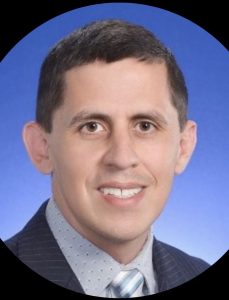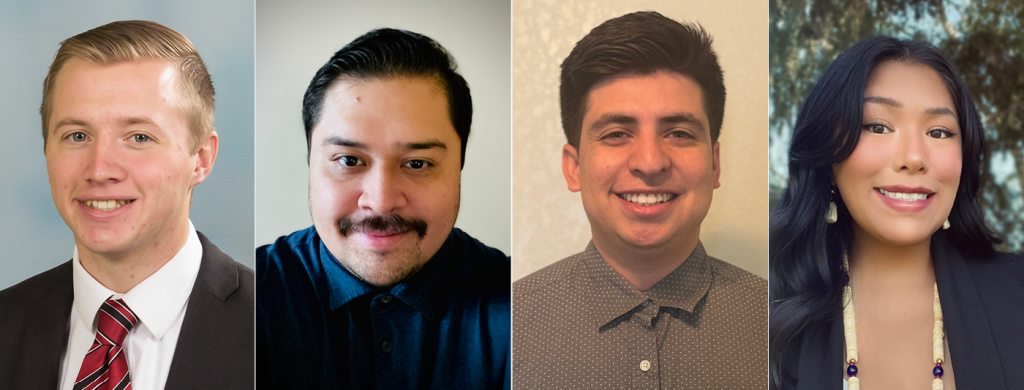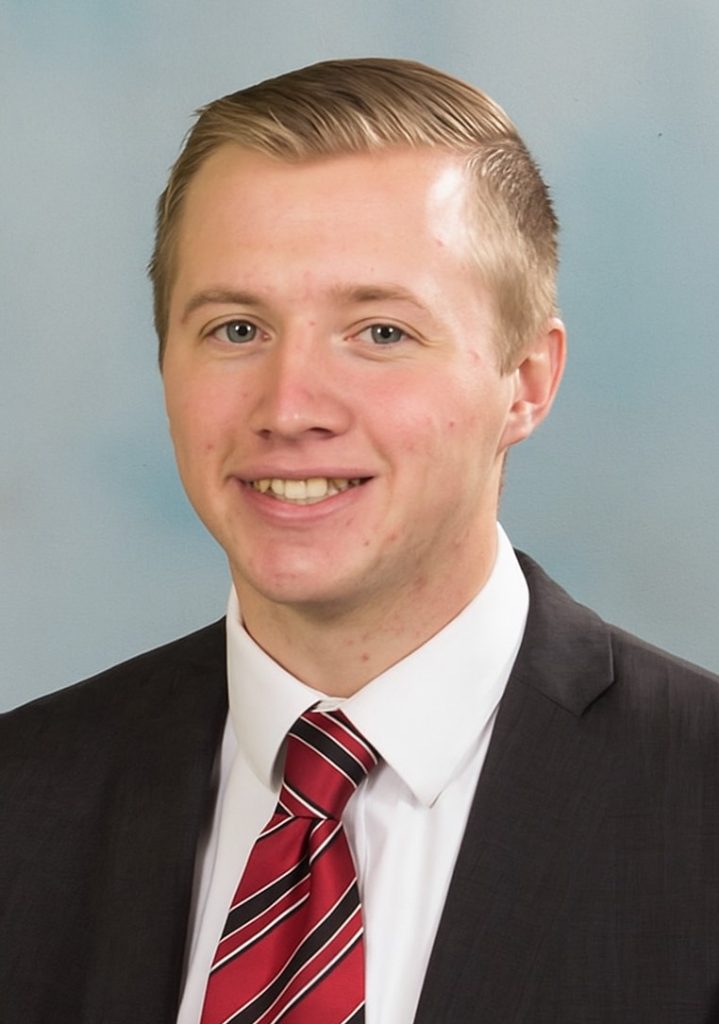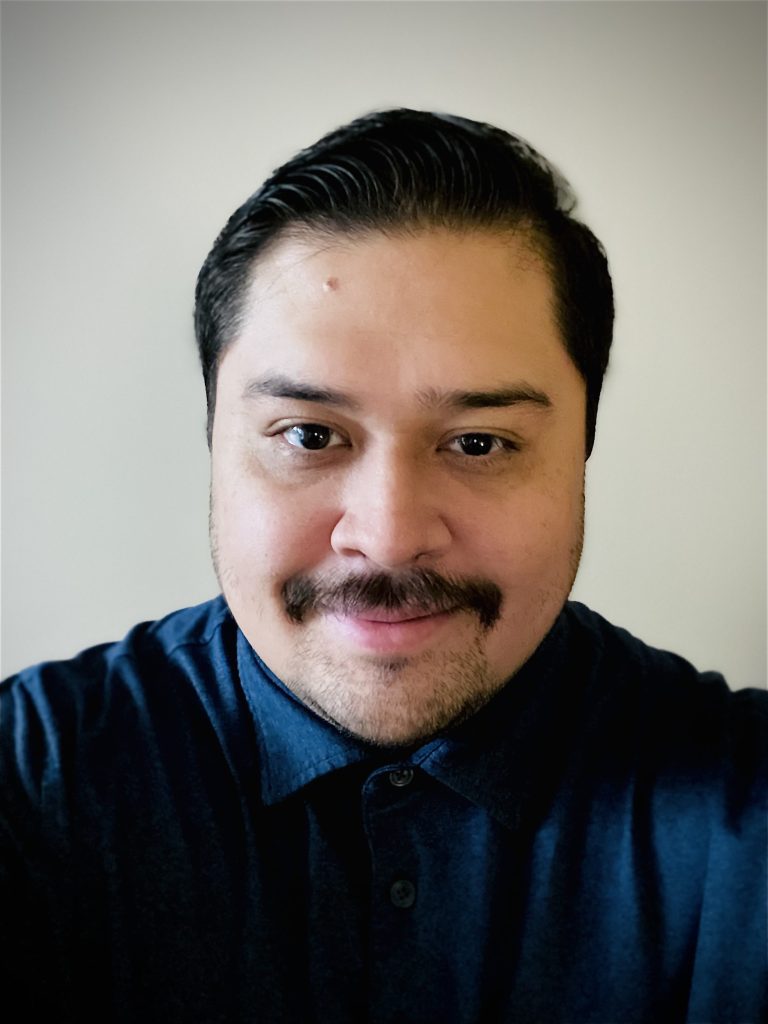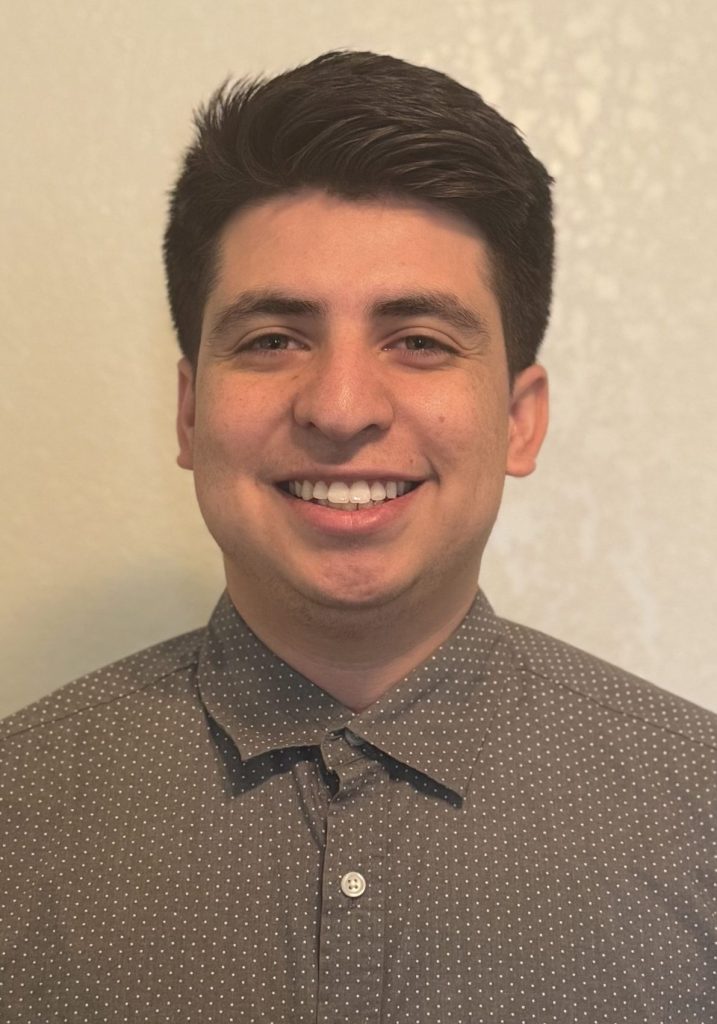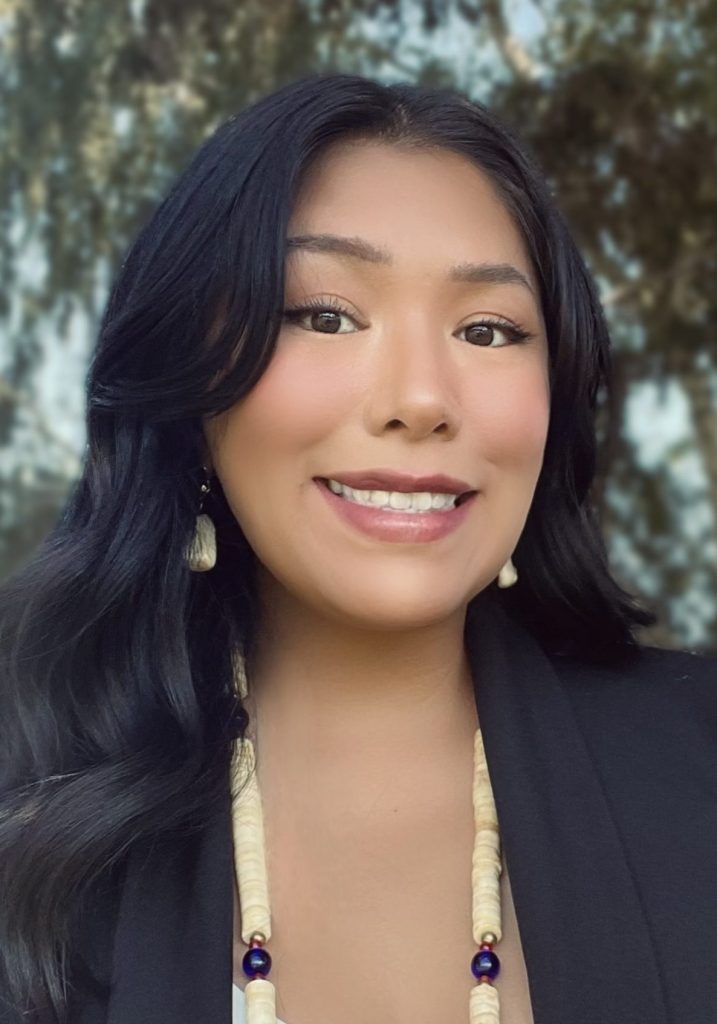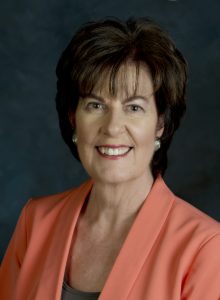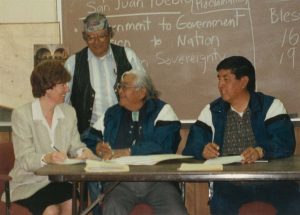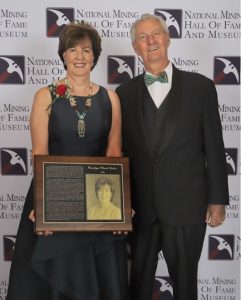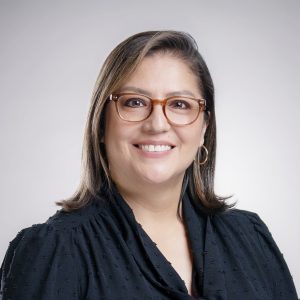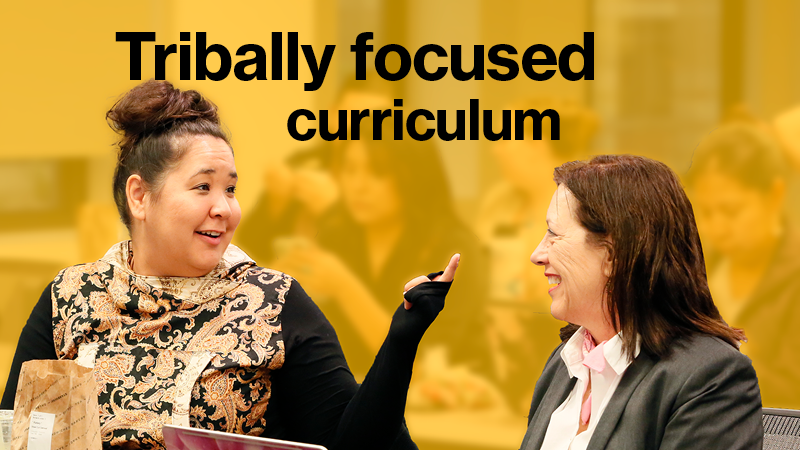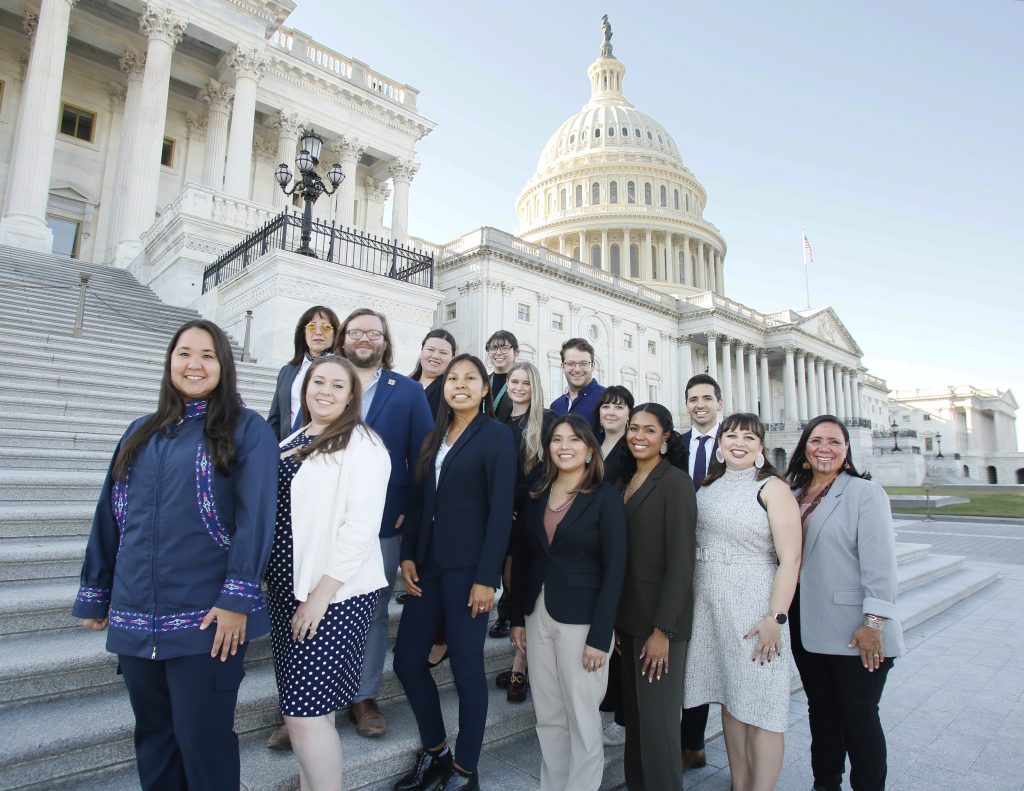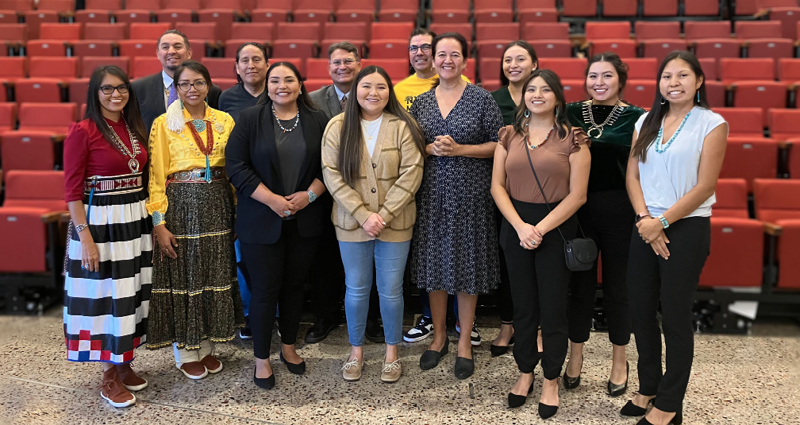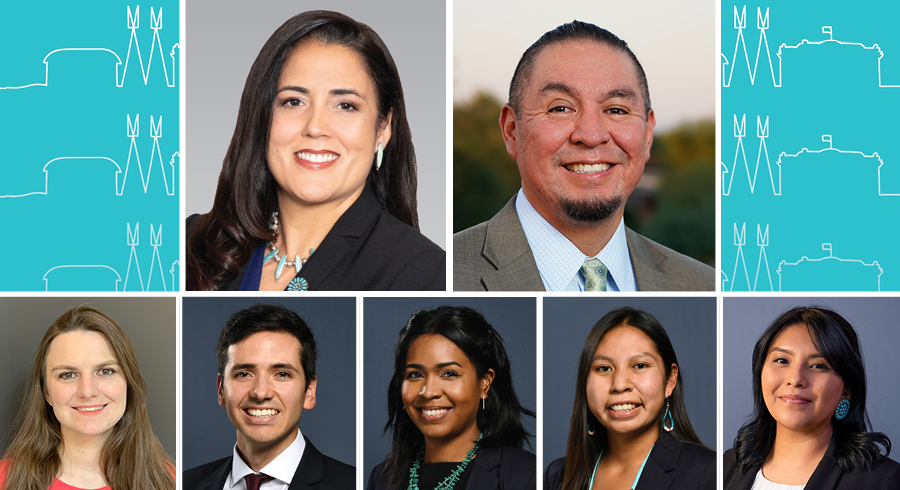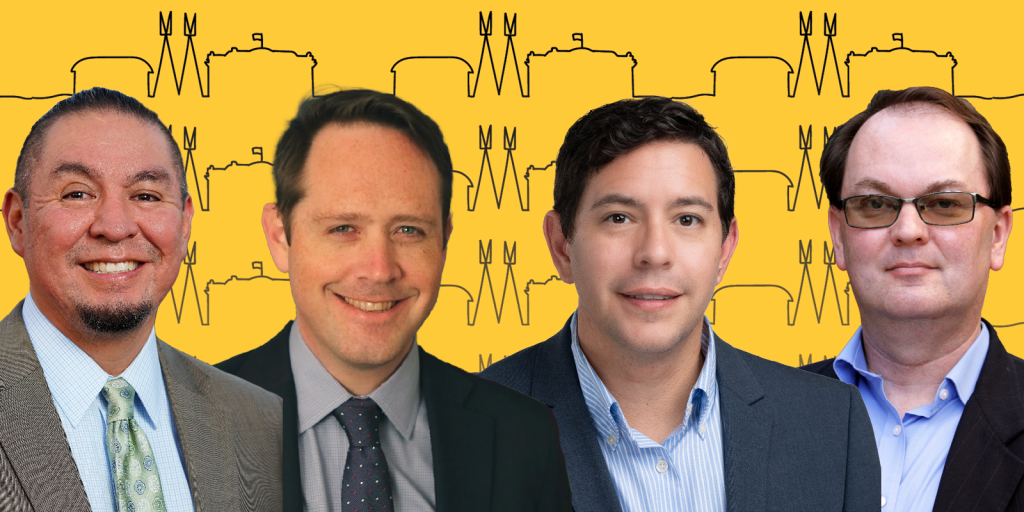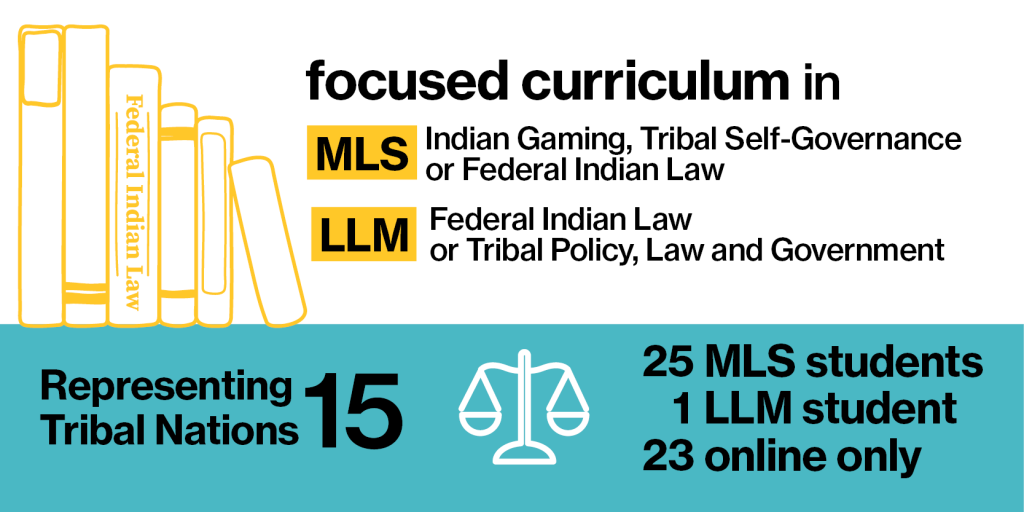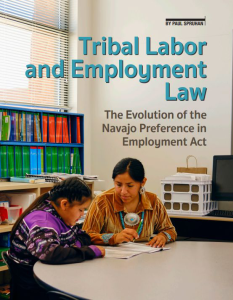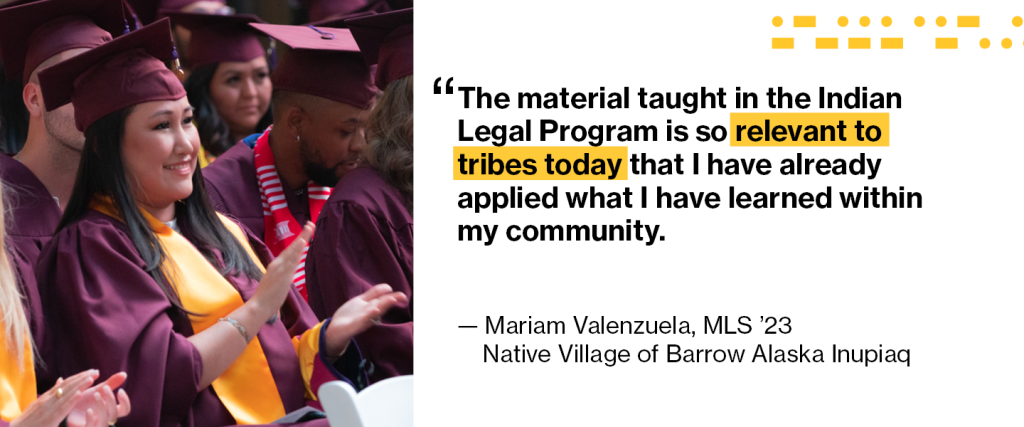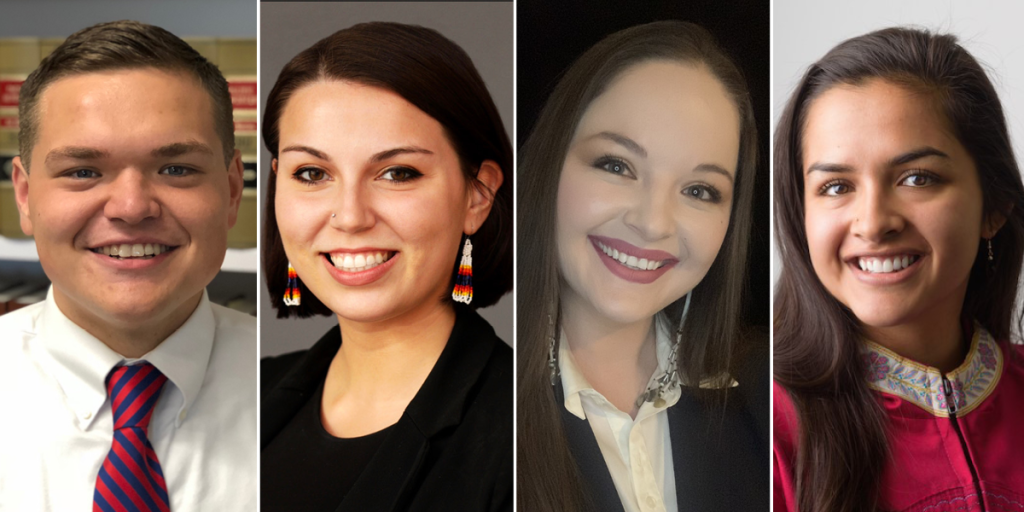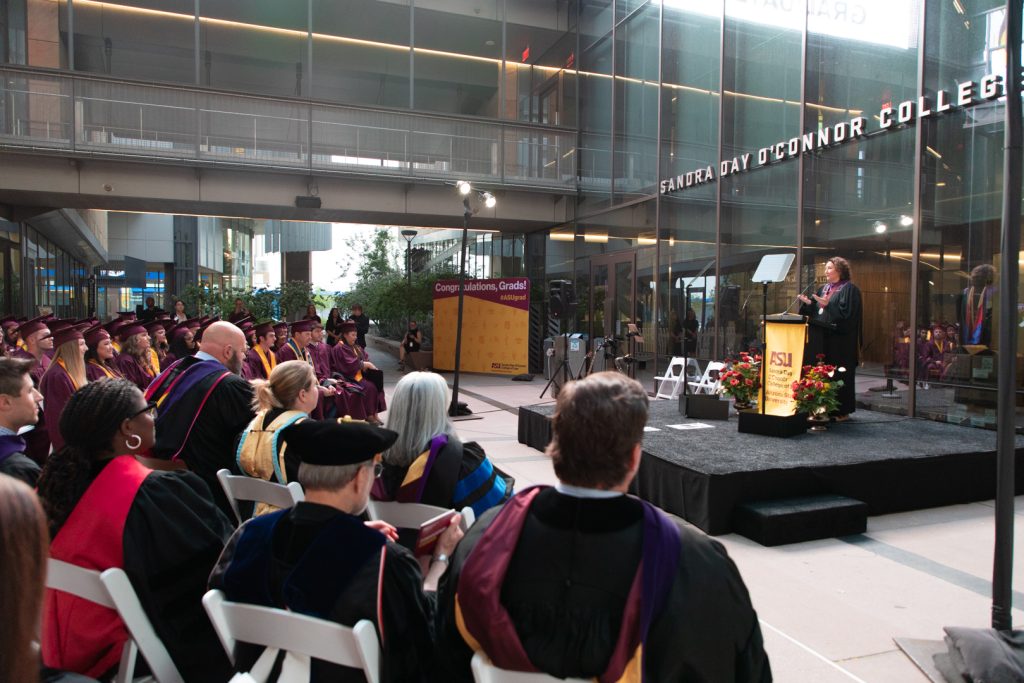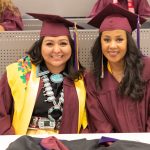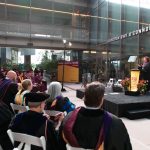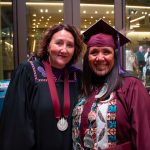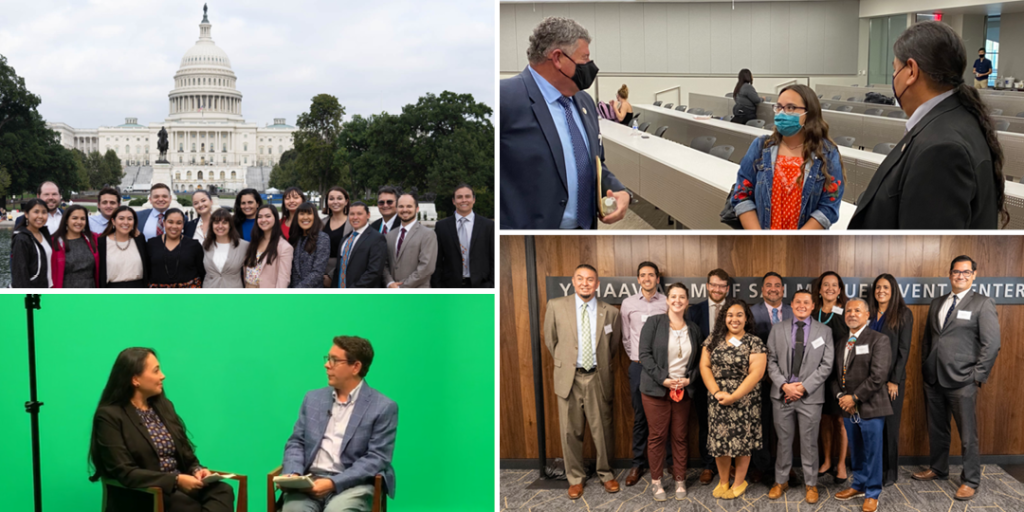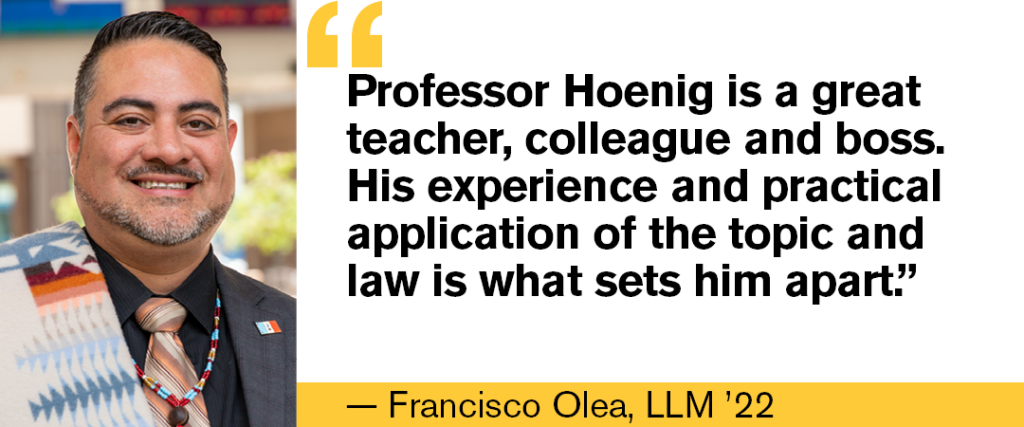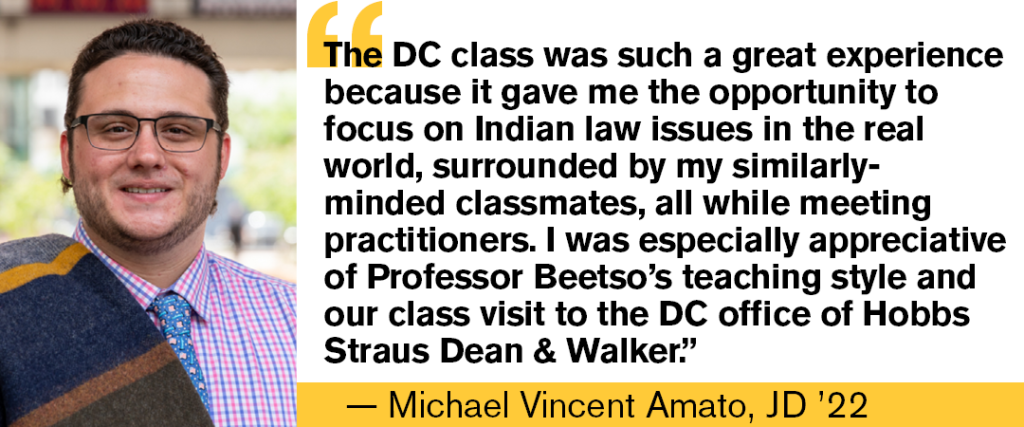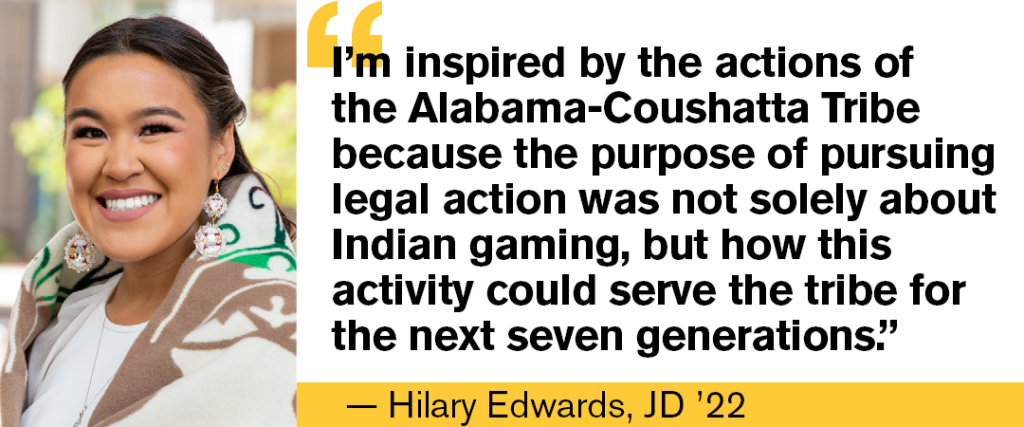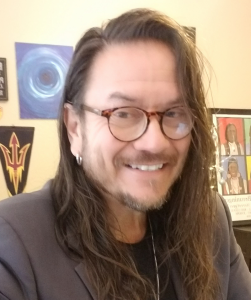Born and raised in rural Indiana, Joseph Bryant left home to serve in the U.S. Air Force, an experience that broadened his worldview and set the foundation for his professional journey. Now based in San Diego, with previous ties to Las Vegas, he has built a career as a certified public accountant with more than 14 years of experience in public accounting. At Delsen and Company LLP, he works with high-net-worth individuals and their related entities, such as businesses and trusts. Looking ahead, he hopes to become a partner and expand the firm’s practice into new areas, including supporting Native American-owned businesses.
He recently reflected on his MLS experience and career path in this Q&A.
What inspired you to pursue the MLS program, and did you have a particular emphasis?
I did not grow up in Native American culture, so I have felt robbed of that part of my heritage. My grandmother was born on a reservation, but she married and moved away in her early 20s. I wanted to learn more about my tribe’s history (Red Lake Band of Chippewa Indians) and about the legal history that Native Americans have with Federal, state, and local governments. I want to help bridge the gap between Native Americans and other peoples. My ancestor Peter Graves led Red Lake for many years and retired from the Federal government after 30 years of service. He successfully bridged the gap between Red Lake and the Federal government, and I want to continue that legacy. I hope to bring unique power to the Native American community by combining newly-acquired knowledge from the MLS program with my accounting skills.
My emphasis areas in the MLS program were Federal Indian Law, Indian Gaming, Tribal Self-Governance and Sustainability. Once I began learning, I did not want to stop!
Can you share a specific moment during the MLS program when you saw the direct relevance of what you were learning to Tribal governance or your work?
Internal control standards and audit requirements were some of the topics covered in Indian Gaming II. These might bore many students, but my CPA mind was dialed into that content. Some of the court cases and official complaints covered activity by tribes and their members that violated auditing and internal control standards. This helped balance my view of Native Americans and their relationship with the Federal government. Yes, Natives have suffered many wrongs at the hands of non-Natives, but external oversight is needed in some areas to help protect Native citizens from being harmed by their own people. Tribal self-governance should be encouraged and is good for Natives, but we need to lean on the Federal trust relationship during key times of tribal evolution.
How has your MLS degree helped you in your work? Or what is one project, case, or initiative you’ve been involved in since graduating that you’re most proud of? How did your MLS training help prepare you for it?
My public accounting firm has a client that is starting a sports leadership academy for disadvantaged communities, and I want to put Native Americans into that conversation. The academy is not up and running, but I am eager to start the process. This could be an exciting opportunity for Natives, as the leadership academy is connected to a professional sports team. I might not have had the idea to bridge that gap if I had not earned my MLS degree because of my networking and by making Indian affairs part of my daily consciousness. I can also speak confidently about Native American topics with outsiders because of my coursework.
What challenges did you face as an MLS student, especially balancing work, life, and community responsibilities—and how did you overcome them?
I work long hours during tax season and extension season in the fall (60+ hours a week), so time management was crucial. I would plan out my week in general the first day that a module opened (i.e., I would check Canvas for each class and get an idea of what I needed to do for that week and think about how to break it into manageable pieces). I used the Sticky Note feature in Windows to copy and paste the homework requirements and mark off items that I completed, listing due dates as needed.
I found that doing homework during my lunch hour was key, because I was able to get a head start while my energy level was still high. Watching a few videos or reading a few PDFs gave me a boost because I knew that I was doing things that I would not have to do later.
I would do two more hours of homework every night after work, and I used Saturday mornings/afternoons for quizzes and tests because I was not drained from a full day of work. Sundays were either getting a head start on the week (if modules began on Thursdays) or by wrapping up homework for the week (if modules began on Mondays). I viewed myself as a homework machine – be consistent, be steady, pat myself on the back when I would get key items done, and keep on going.
I have a family, so I had to carve out time for them during the MLS program. I tried doing fun activities like live sporting events and going to movies, which worked well because I was away from the house and away from responsibilities with fun distractions. I think that you have to make it clear to those around you that the degree program is a primary focus that you are going to have for some time, and that your life has to change for a while. If there are children in your life, showing them that studying matters is an example they will remember.
What advice would you give to others considering the MLS program?
If someone feels led to pursue the MLS degree, they should do it. I think that it gave me vital legal knowledge without the need to attend law school. I considered law school when I was younger, but I chose accounting instead. The MLS program is perfect for working professionals who are deep into their careers but want to add legal knowledge and skills via the emphasis areas of their choice. I networked with other students and faculty that I would not have met otherwise. I did not grow up around other Native Americans, so making new Native friends was very rewarding for me.
Is there a faculty member, class, or experience in the program that left a lasting impression on you? Why?
Professor Hoenig taught Indian Gaming I and II. He took complex material and separated it into interesting and manageable chunks of information. He was very approachable, offering an optional Zoom meeting during Indian Gaming II to get to know the students better. I really appreciated his deep understanding of the material and the chance to chat with him during the Zoom meeting. Professor Spruhan also offered an optional Zoom meeting during Civil Jurisdiction in Indian Country.
It is easy for online students like myself to feel isolated or that they are not full-fledged students. Zoom meetings add life and color to the online experience. I left the meetings putting faces to the names and I knew that they had done the same for the students who attended.
What’s one small change or initiative that you believe could make a big difference for tribal communities?
There are many disadvantaged communities in the United States, but Natives are very few and are often overlooked. I think that Native Americans should examine existing initiatives from third parties and find ways to connect their communities with those programs. This would be more effective than trying to start programs from scratch, as Federal assistance has been chronically underfunded and many tribes struggle to generate internal funding. The private sector has many donors looking to make a difference, and Natives need to network effectively with those who are interested in assisting minorities.


